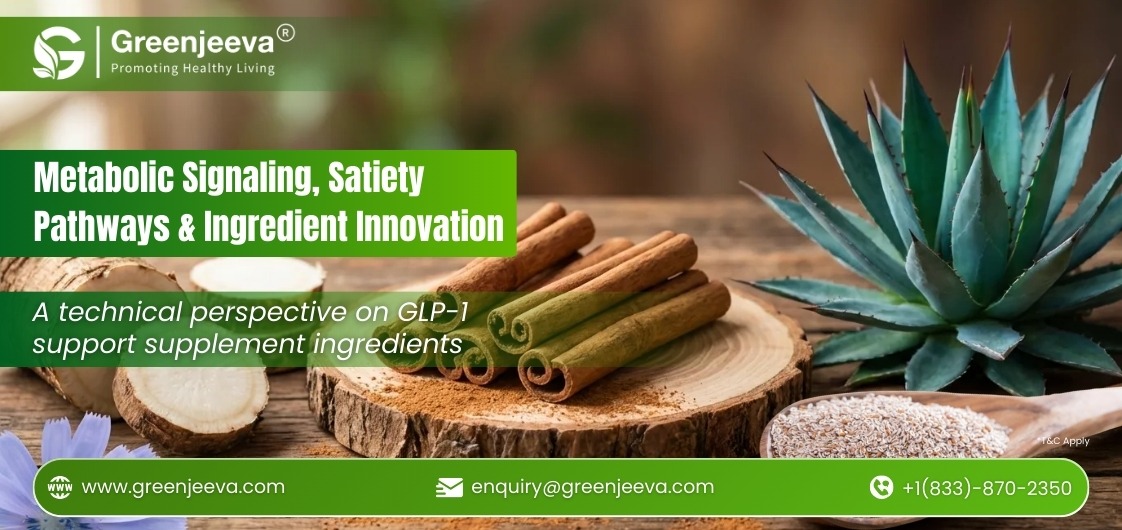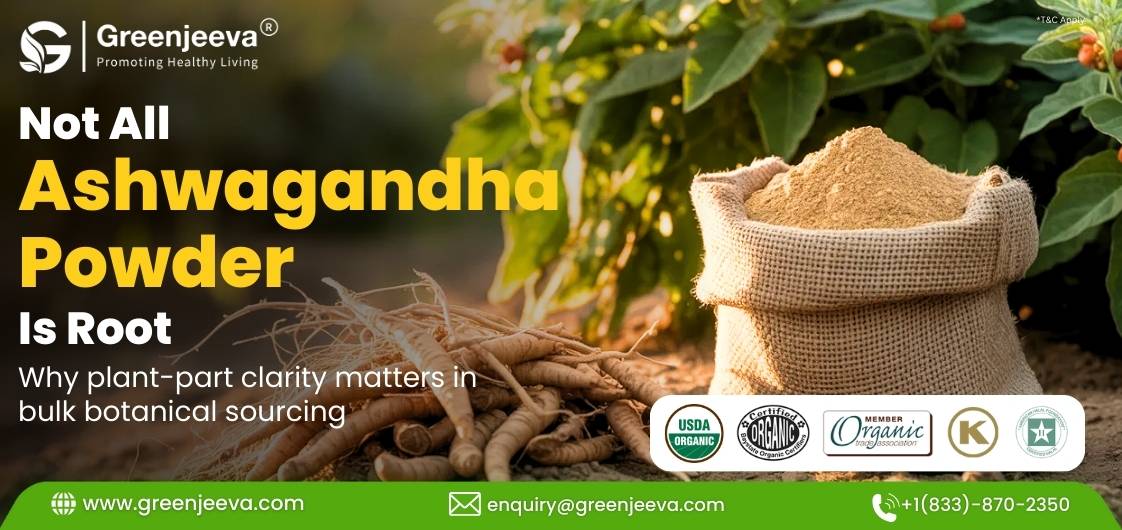Amaranth – Interesting Facts, Nutrition Profile, Benefits, & More

Overview
Botanically known as Amaranthus, Amaranth plant is a member of the Amaranthaceae family. It highly resembles and is related to Quinoa, which is quite popular in modern times. Native to South and Central America, it is now grown across the globe, specifically in the regions having warm climatic conditions. Amaranth is also known locally as Rajgira, Lal Sag, Chaulai, and Punkirai. There are the 3 common species of amaranth –Amaranthus cruenus, Amaranthus hypochondriacus, and Amaranthus caudatus.
History of Amaranth
Originated from Peru, amaranth has a history dating back to Mexico. According to popular beliefs, amaranth was first grown around 6,000 to 8,000 years ago. It was originally cultivated by the Aztecs, who used the crop for consumption as well as religious practices. The Aztecs built the figure of their deity using a unique mixture of honey and amaranth. After worshipping the same, they usually broke the figure into small pieces and distributed them among people to eat.
Interesting Facts About Amaranth
- Amaranth is a self-pollinating plant that blooms during autumn and summer.
- Amaranth features a bushy, erect stem, which can reach up to a height of 10 feet, depending on the species.
- The tallest amaranth plant that made to the Guinness Book of World Record measured 27feet 10 inches in height.
- The crew members on board the Space Shuttle Atlantis experimented on germinating amaranth in space during their voyage on 3rd October 1985. Delicious amaranth cookies were prepared fresh and served to the astronauts during this voyage.
- Amaranth produces red, golden, or purple flowers that are shaped like miniature grains.
- Amaranth produces dark or light colored broad green leaves that feature purple veins.
- The very term ‘amaranth’ is derived from the Greek word ‘amarantos’, which translates to “everlasting” in English language. This name justifies the color of the amaranth flower buds, which do not fade even after they die.
- Amaranth propagates through seeds.
- Amaranth seeds are gluten-free.
- Leaves of the amaranth plant are edible and added to soups or consumed stir-fried in Asia.
- Amaranth flour is used in bread making and as a thickener in stews, soups, and sauces.
Nutrition Profile of Amaranth
Half cup of amaranth consists of the following nutrition values:
- Calories: 125.5
- Carbs: 23 grams
- Starch: 20 grams
- Fiber: 2.6 grams
- Fat: 1.9 grams
- Protein: 4.7 grams
- Sodium: 7 mg
Other nutrients present in Amaranth include:
Vitamins: Vitamin C, Vitamin E, & B Vitamins (folates, riboflavin, thiamin, niacin, and pantothenic acid)
Minerals: Calcium, iron, phosphorous, magnesium, manganese, potassium, zinc, & selenium
Top Amaranth Benefits
- High in Antioxidants
One of the top Amaranth benefits is that it is packed with essential health-promoting antioxidants. Phenolic acid, gallic acid, vanillic acid, and p-hydroxybenzoic acid are some of the important antioxidants present in amaranth.
- Naturally Gluten-Free
Gluten is a kind of protein present in food grains like barley, rye, and wheat. However, amaranth is gluten-free and can be consumed by people with Gluten Intolerance.
Also Know More:Featuring Yucca and Amaranth for Nutrient-Rich Animal Nutrition Supplement
If you are looking forward to shop Organic Amaranth Powder in bulk quantities for industrial uses, you can place your order at affordable rates on Green Jeeva or Jeeva Organic.
Disclaimer:
The above statements are not intended to cure any disease or comply with any health benefits. This is solely for information purposes. Please consult your doctor/health practitioner before consumption of the product. Although we take efforts to keep our website informative, we do not guarantee any medical benefits.


.jpg)



